Facts About the Newbouldia Plant
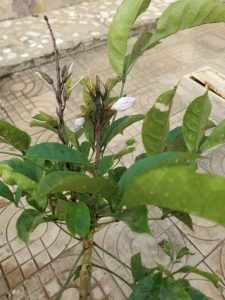
Newbouldia plant is a common name for Newbouldia laevis, a species of evergreen shrub or small tree in the family Bignoniaceae. It is native to West and Central Africa, often planted as a boundary marker or a living hedge. It is also known as boundary tree, ogirisi, ewe akoko, or aduruku in different languages.
Newbouldia plant has various medicinal uses in traditional African medicine. It is used to treat conditions such as malaria, rabies, snakebite, cough, diarrhoea, dysentery, epilepsy, chest pain, headache, sinusitis, menstrual problems, constipation, piles, skin infections, rheumatism, earache, eye infections, and more. The bark, leaves, and flowers are the main parts used for medicinal purposes.
The Newbouldia plant is also valued for its ornamental and religious significance. It has dark shiny leaves and purple flowers that attract bees and butterflies. It is considered sacred by some ethnic groups and is used in rituals and ceremonies. It is relatively cold hardy and can withstand short periods of temperatures in the 30s F
Chemical Properties of the Newbouldia Plant
The chemical properties of the Newbouldia plant are mainly related to its phytochemical constituents, which include various types of alkaloids, quinones, phenols, and coumarins. Some of the major compounds isolated from the plant are:
- Withasomnine and newbouldine derivatives: These are pyrazole alkaloids that have been found in the leaves, stems, and roots of the plant. They have shown anti-inflammatory, antipyretic, and analgesic activities.
- Lapachol derivatives: These are naphthoquinones that have been detected mainly in the root bark of the plant. They have exhibited cytotoxic, antiviral, antimicrobial, anti-inflammatory, and antimalarial effects.
- Coumarins: These are aromatic compounds that have been identified in the leaves and stems of the plant. They have demonstrated antioxidant, anticoagulant, and anti-tumor properties.
The plant also contains other phytochemicals such as flavonoids, tannins, saponins, anthraquinones, and mucilage, which may contribute to its medicinal value. The plant is rich in phenolic compounds, especially in the leaves, which have high levels of total polyphenols, condensed tannins, and flavonoids. These compounds are known to have antioxidant and antiradical activities, which may protect the plant from oxidative stress and enhance its therapeutic potential.
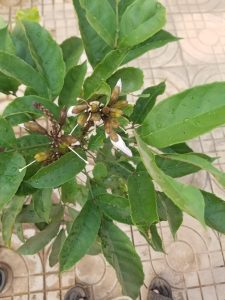
Herbal Benefits of Newbouldia Plant
The Newbouldia plant has many health benefits, according to various sources. Some of the benefits are:
- It can relieve pain, inflammation, and fever, especially for arthritis and rheumatism.
- It can treat wounds, injuries, and skin infections, as it has antifungal and antibacterial properties.
- It can stimulate the uterus and induce labour, as well as enhance fertility and ovulation.
- It can treat epilepsy, spasms, and convulsions, as it has anticonvulsant effects.
- It can treat toothache, cough, chest pain, and sore throat, as it has analgesic and expectorant properties.
- It can treat stomach upsets, diarrhoea, dysentery, constipation, and piles, as it has laxative and stomachic properties
How to Use the Newbouldia Plant as a Herb
There are different ways to use the Newbouldia plant as an herb, depending on the purpose and the part of the plant. Here are some examples:
- For pain relief, boil the leaves and bark in water and drink the decoction.
- For wound healing, apply the bark directly to the wound or injury.
- For epilepsy treatment, boil the leaves and bark in water and drink the juice.
- For toothache relief, gargle the extract from the leaves in your mouth.
- For skin problems, apply the leaves or the bark to the affected area.
- For stomach upsets, drink a decoction of the leaves.
- For uterine stimulation, cook the leaves in palm oil soup and eat them.
- For cough treatment, boil the leaves in water or palm wine and drink the liquid.
- For fertility enhancement, boil the leaves and drink the water or make tea with the dried stem bark and ginger.
Please note that these are traditional uses of the plant and they may not have scientific evidence or safety guarantees. You should consult a qualified practitioner before using the plant for any medical purpose.
Side Effects of the Newbouldia Plant
The Newbouldia plant is a medicinal plant with many benefits, but it also has some side effects that you should be aware of. Some of the possible side effects are:
- Allergic reactions: Some people may be allergic to the plant or its components, and may experience symptoms such as itching, rash, swelling, or difficulty breathing. If you have any of these signs, stop using the plant and seek medical attention.
- Toxicity: The plant may contain some toxic or harmful substances, such as cyanogenic glycosides, which can release hydrogen cyanide when hydrolyzed. This can cause nausea, vomiting, headache, dizziness, confusion, or even death in severe cases. Therefore, the plant should be used with caution and under the guidance of a qualified practitioner.
- Drug interactions: The plant may interact with some drugs or medications, such as anticoagulants, antidiabetics, anticonvulsants, or anticancer agents. This can either increase or decrease the effects of the drugs or cause adverse reactions. If you are taking any medication, consult your doctor before using the plant.
- Pregnancy and breast-feeding: The plant may have effects on the uterus, such as stimulating contractions or inducing abortion. This can be dangerous for pregnant women or their unborn babies. The plant may also pass into breast milk and affect the nursing infant. Therefore, pregnant or breastfeeding women should avoid using the plant
These are some of the potential side effects of the Newbouldia plant. However, the plant may also have other unknown or unpredictable effects, depending on the individual, the dose, the preparation, or the quality of the plant. Therefore, it is advisable to use the plant with caution and moderation, and only after consulting a qualified practitioner.
Learn more


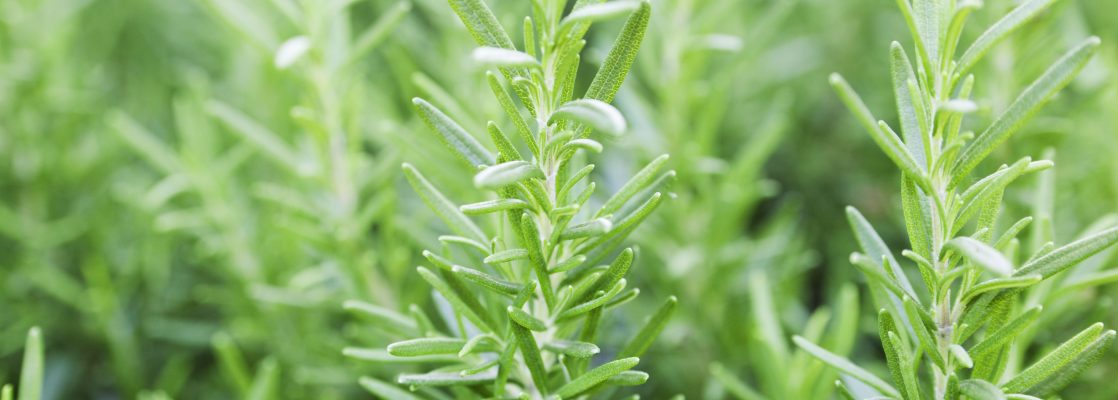

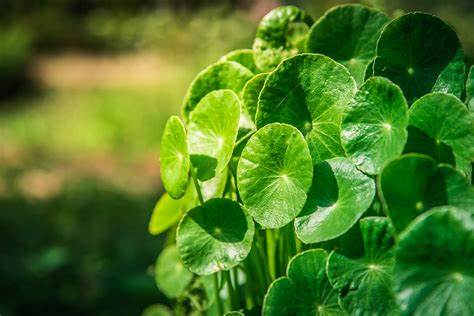

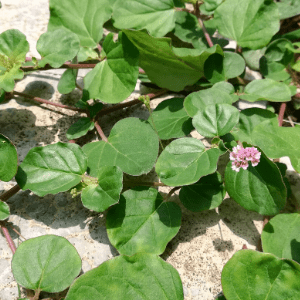


Review Newbouldia (Newbouldia laevis) Plant.
You must be logged in to post a review.